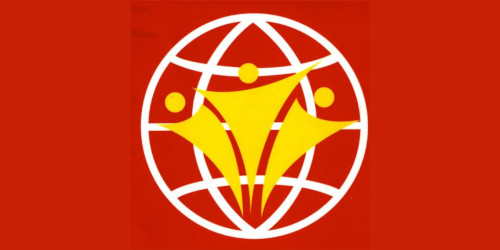
College Director of Studies elected Vice-President of global council for humanities
Professor Benedikt Löwe has been elected as one of three Vice-Presidents of the International Council for Philosophy and Human Sciences to serve for…
Benedikt Löwe has been elected in recognition of his academic excellence in the field of logic and philosophy of mathematics.
Lucy Cavendish Bye-Fellow and DoS in Mathematics Professor Benedikt Löwe has been elected to the Academia Europaea, a non-governmental association which exists to advance and propagate excellence in scholarship in all academic disciplines. Membership of the Academy is by invitation only and follows a rigorous peer review selection process. Scientists and scholars of international distinction are elected in recognition of their academic excellence, and include leading experts from all academic areas. The Academy works to promote European research, advise governments and international organisations in scientific matters, and further interdisciplinary and international research.
Benedikt Löwe was elected to the Academia Europaea as a member in the Class ‘Humanities’, Section ‘Philosophy, Theology and Religious Studies’ with additional affiliation to Class ‘Exact Sciences’, Section ‘Mathematics’.
Löwe’s research deals with the foundations of mathematics and philosophy of mathematics; in addition to his research in pure mathematics, he has been involved in multidisciplinary endeavours, linking mathematics to the humanities, the social sciences, and the information sciences.
His role in international science governance includes serving as Secretary General of the Division for Logic, Methodology and Philosophy of Science and Technology of the International Union of History and Philosophy of Science and Technology (DLMPST/IUHPST), as President of the Deutsche Vereinigung für Mathematische Logik und für Grundlagenforschung der exakten Wissenschaften (DVMLG), and in various other governance positions. He is also known for initiating the interdisciplinary conference series “Foundations of the Formal Sciences'' and “Computability in Europe”.
Current membership of the Academia Europaea stands at around 5,000 members drawn from across continental Europe.